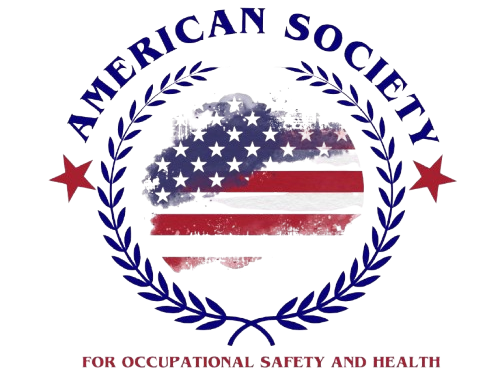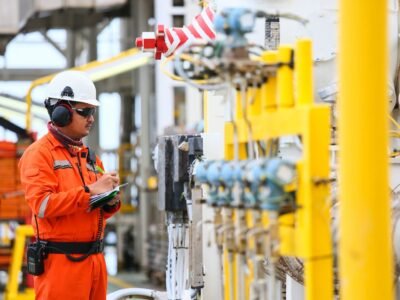COURSE DESCRIPTION
The safety of operations depends on the control and prevention of risks resulting from hazardous materials, especially the leakage of flammable materials or toxic substances (from the main production lines or from oil or gas wells), which may lead to a large fire that is difficult to control or a large explosion that may lead to the death and injury of a large number of workers at the site and / or the community surrounding the company and the negative impact on the surrounding environment and damage to the company’s assets with the possibility of production stoppage for long periods and the consequent Great material effects for reproduction, so the rules and guidelines of industrial safety must be followed to maintain the safety of production, the safety of workers, society, the surrounding environment and the reputation of the company.
Accordingly, the Scholars Institute for Training and Consulting provides a preventive security and safety program in petroleum operations in accordance with the latest relevant international practices and methodologies.
Goals:
Enabling the participant to excel in the following topics:
- Nature of operations in oil installations
- Risks to oil industry workers
- Restricted areas.
- Definition of material properties and hazards (hazards identification).
- National Fire Protection Association (NFPA 704).
- Liquid petroleum derivatives. and its impact on human health
- Rapid identification of materials in terms of hazard and methods of extinguishing fires
- Ignition hazards
- Interaction risks.
- Gas hazards
- The danger of heavy metals and radioactive materials
- Safe work with the hazards of hydrogen sulfide gas (H2S)
- Methods of preventing carbon monoxide damage
Target Groups:
- Observers
- Supervisors
- Oil & Gas Professionals
- Safety officials in industrial companies
- Quality Officer
- Fire and rescue official
- Fire Brigades
Program Content:
Principles of industrial safety in refining processes:
- Magaheem Industrial Security and Industrial Safety
- Petroleum Fires
- Causes of oil depot fires
- Risks of working in tank feeder lines
- Steam pressure measurement
- Density measurement
- Flash point measurement of petroleum products
Means of ensuring the continuity of operations in oil facilities:
- Hazardous Areas Classification of
- Petroleum Industry Risk Prevention
- Natural Remedies
- Means of prevention and control
- Means of control and control
- Warehouse Insurance Procedures
- Permit to work systems
General Emergency Procedures :
- Emergency Grades
- Ways to report an emergency
- Responsibility for handling an emergency.
- General safety rules
- Safety measures during handling and storage
Safety in Petroleum Derivatives Tankers:
- Safety precautions for managing accidents of oil tankers and its derivatives
- Determination of the accident area in case of leakage in the tanker
- Identify emergency and firefighting parking locations in the area of the accident
- Reading the ratios of gas and oxygen at several accident sites:
- Damage to the hull of the tanker (in the absence of fire)
- Isolation of the accident area
Fuel tank insurance against fires:
- Types of oil tanks and barriers
- Methods of fighting oil tank fires
- Measures to control the phenomenon of effervescence
- The phenomenon of runny burning liquid on the walls
- Dealing with the phenomenon of bursting tanks
- Fixed surface fire fighting means – floating surface
Course Features
- Lecture 0
- Quiz 0
- Duration Lifetime access
- Skill level All levels
- Language English
- Students 276
- Certificate Yes
- Assessments Yes






